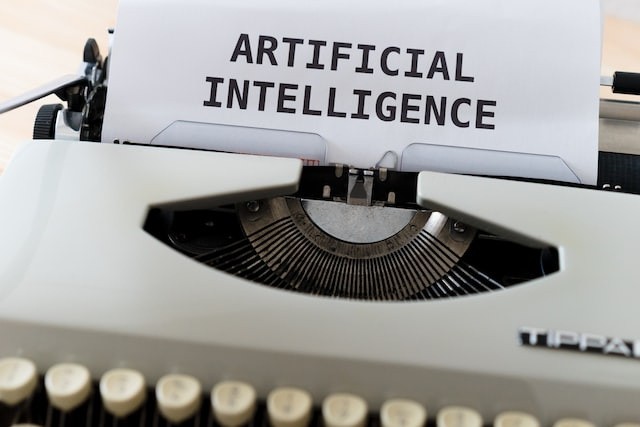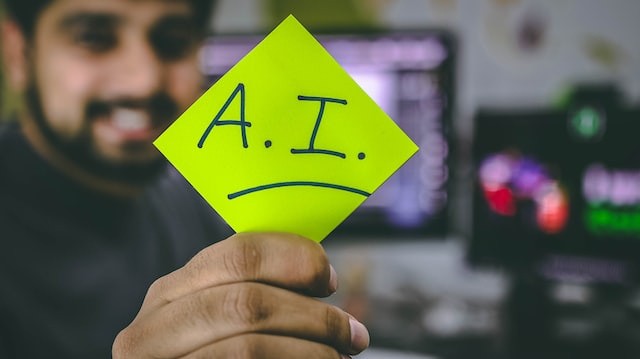The latest class-action lawsuit against Stable Diffusion's creator, Stability AI Ltd, is not just about copyright infringement.

This was revealed by a licensed attorney in the State of California.
As of writing, artificial intelligence technologies are making huge impacts in various industries.
Some companies are taking advantage of their work. On the other hand, artists are trying to stop these AIs from copyrighting their original works.
Why Stable Diffusion AI Lawsuit is More Than Copyright Infringement
ArtNet reported that a group of artists filed a class-action lawsuit in the Northern District of California against DeviantArt Inc. and Stability AI Ltd.

For some people, the lawsuit is not that serious since the two AI companies said they are not profiting and their generated images are free to use.
However, Atty. Jake Watson explained why the lawsuit is more than just copyright infringement.
He discussed many of the major implications of the lawsuits on how artificial intelligence could be used in the future.
He said that all the images that Stable Diffusion generates are derivative works. This is where the issue begins.
Watson explained that derivative works are derived from one or two original works. He added that derivative works still need to have authorization from the copyright owner before they are used.
Jake also explained transformative work, the altered version of the original work. Unlike derivative works, transformative works have a new expression, message, and meaning.
This means that although transformative work relies on copyrighted work, it has a whole new use.
How It Can Impact Future AI Generators
Jake said that derivative works still require the consent of the copyright owner, while transformative works don't.

Since Stable Diffusion's generated images are derivative works, this means that authorizations from copyright owners are still required.
However, the sued AI companies argue that the images they provide are for "fair use."
For those unfamiliar with fair use, it is a doctrine in U.S. law that allows limited use of copyrighted materials, even without authorization from owners.
If ever the court decided to favor the fair use argument, Watson stated that AI generators would have the freedom to create models and train on works of any kind.
He added that this would negatively impact audio and visual entertainment in the future.
If you want to know more about the latest class-action AI lawsuit, you can watch the original YouTube video of Corridor Crew below.
.
As new AI emerges, new issues linked to these advanced techs also arise.
Recently, a new study showed that artificial intelligence could lead to risky shortcuts for complex tasks.
We also reported that a new special tool called DetectGPT had to be created just to spot students who use ChatGPT for their homework.
For more news updates about AIs, always keep your tabs open here at TechTimes.
Related Article : Real Estate Brokers Now Use ChatGPT for Emails and Property Listings; Experts Claim AI Could Become an Industry Standard

ⓒ 2026 TECHTIMES.com All rights reserved. Do not reproduce without permission.




